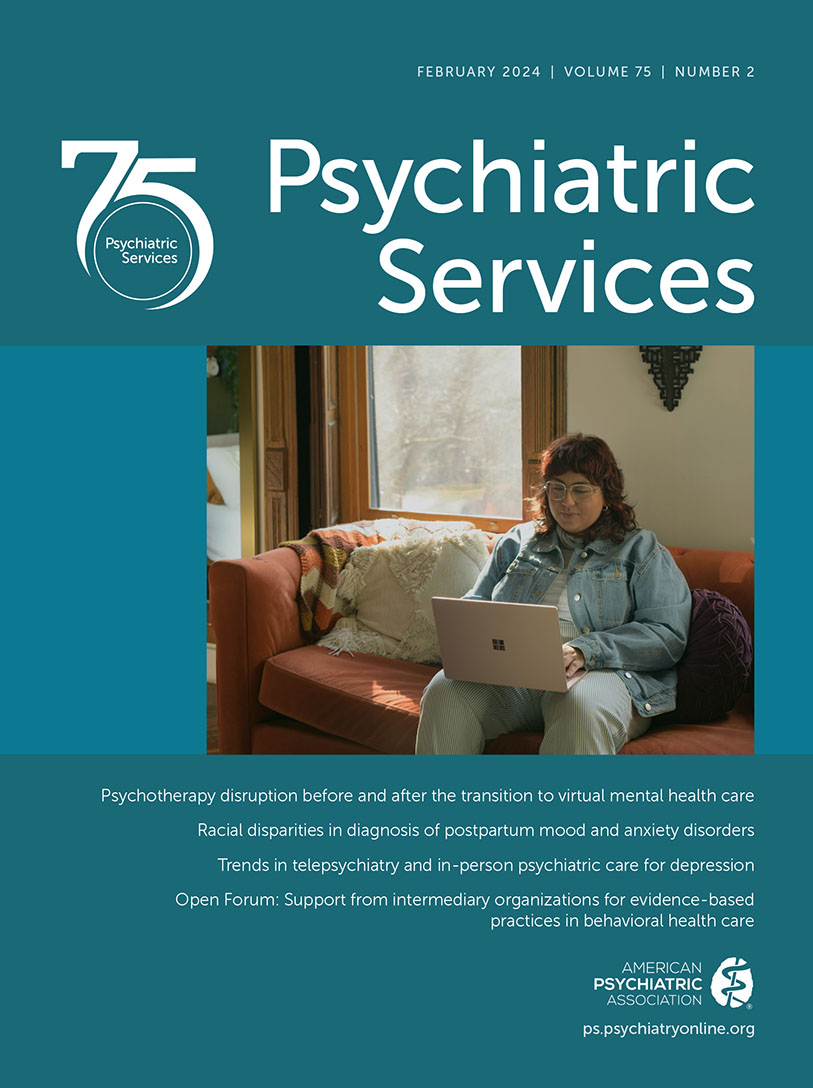ESSENCE: An Implementation Research Program to Scale Up Depression Care in Rural Communities
Abstract
Background:
Task sharing may involve training nonspecialist health workers (NSHWs) to deliver brief mental health interventions. This approach is promising for reducing the global mental health treatment gap. However, capacity is limited for training large cadres of frontline workers in low- and middle-income countries, hindering uptake of these interventions at scale.
Methods:
The ESSENCE (enabling translation of science to service to enhance depression care) project in Madhya Pradesh, India, aims to address these challenges through two sequential randomized controlled trials. First, a training trial will evaluate the effectiveness and cost-effectiveness of digital training, compared with conventional face-to-face training, in achieving clinical competency of NSHWs in delivering an intervention for depression. This initial trial will be followed by an implementation trial aimed at evaluating the effectiveness of a remote enhanced implementation support, compared with routine implementation support, in addressing barriers to delivery of depression care in primary care facilities.
Results:
This project involved developing and pilot testing a scalable smartphone-based program for training NSHWs to deliver a brief psychological intervention for depression screening. This initial research guided a randomized trial of a digital training approach with NSHWs to evaluate the effectiveness of this approach. This trial will be followed by a cluster-randomized trial to evaluate the effectiveness of remote implementation support in ensuring efficient delivery of depression care in primary care facilities.
Next steps:
Findings from these trials may inform sustainable training and implementation support models to integrate depression care into primary care for scale-up in resource-constrained settings.
Access content
To read the fulltext, please use one of the options below to sign in or purchase access.- Personal login
- Institutional Login
- Sign in via OpenAthens
- Register for access
-
Please login/register if you wish to pair your device and check access availability.
Not a subscriber?
PsychiatryOnline subscription options offer access to the DSM-5 library, books, journals, CME, and patient resources. This all-in-one virtual library provides psychiatrists and mental health professionals with key resources for diagnosis, treatment, research, and professional development.
Need more help? PsychiatryOnline Customer Service may be reached by emailing [email protected] or by calling 800-368-5777 (in the U.S.) or 703-907-7322 (outside the U.S.).



